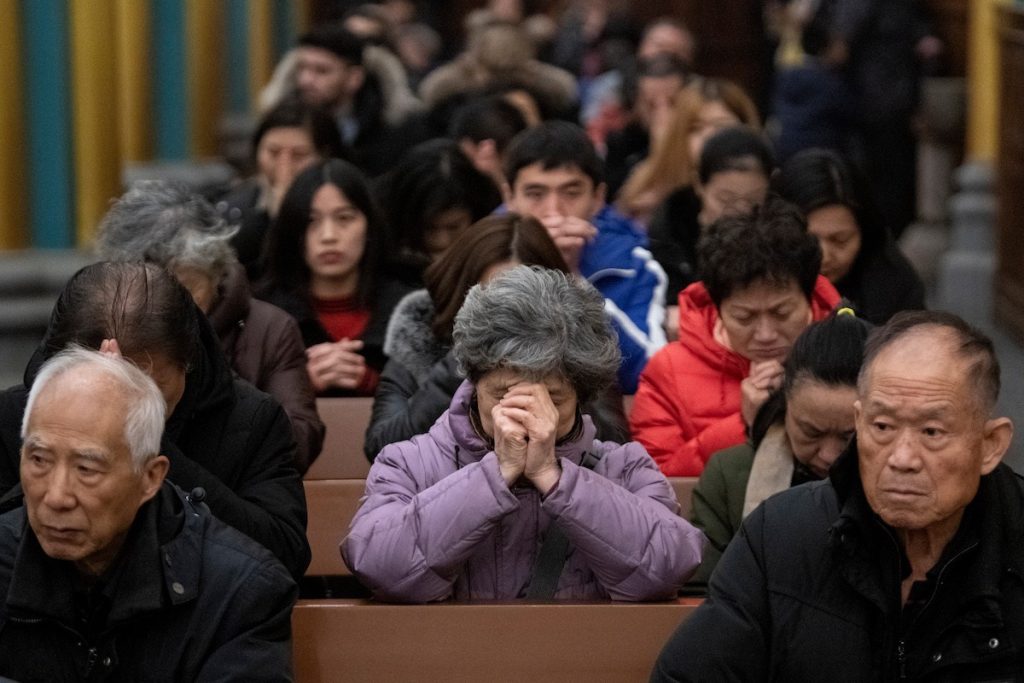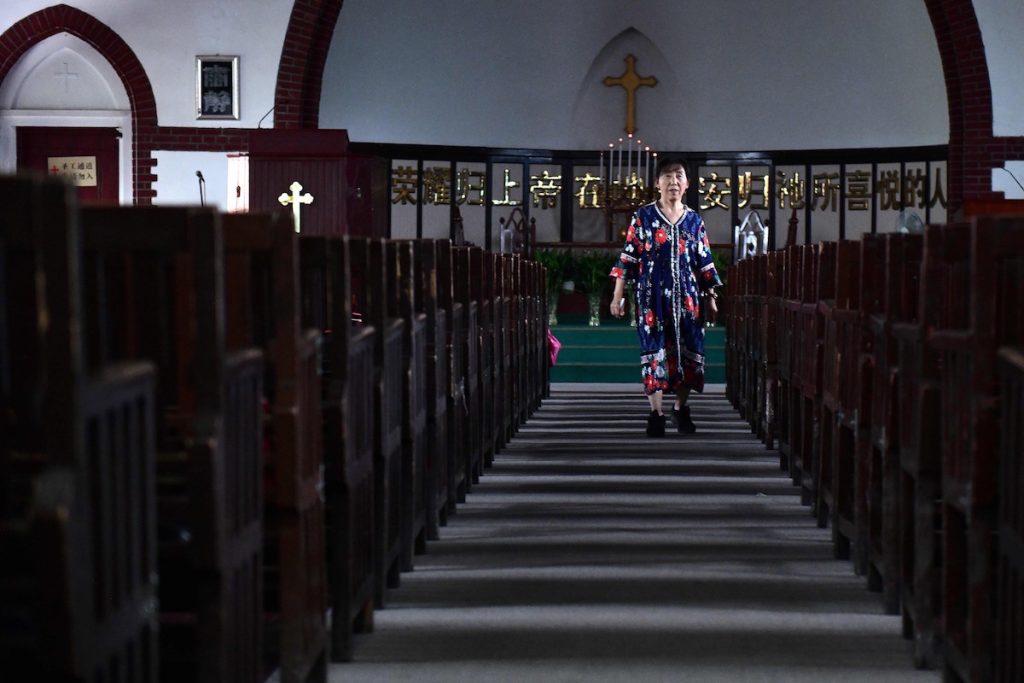
A Catholic priest from central China has decried what he described as the “deteriorating situation” of the Church in his country despite Beijing’s two-year interim agreement with the Vatican.
In a letter released by the news site AsiaNews.it, Father Francis Hu warned that “experts” celebrating the Vatican-China deal have no idea of the real situation in China and the Church.
He said that despite the agreement, Christian materials on the internet were blocked, churches and crosses continue to be destroyed, and children are prohibited from receiving religious formation.
The priest, who described himself as a “lower class clergy” said in his letter that the agreement between the Holy See and China risks being just a political gesture.
Earlier, Cardinal Pietro Parolin, the Vatican’s secretary of state, admitted that results of a two-year provisional agreement with Beijing on efforts to “normalize” the life of the Catholic Church in China are “not particularly exciting.”
The cardinal said the Holy See’s intention “is that [the deal with China] be prolonged.”
Part of the interim deal, which was signed in China on Sept. 22, 2018, is on the appointment of bishops in the communist state.

As part of the deal, Pope Francis officially recognized eight bishops (one of whom died earlier in 2017) named by the Chinese state that did not have papal approval.
In his letter, Father Hu said the deal has only resulted in the “shrinking of survival space” of the Church in the country.
“Most Chinese Catholics do not even know what is happening,” said the priest, adding that the controversial deal is “just a political issue and irrelevant to Chinese Catholics.”
Since the signing of the agreement in 2018, the priest said the sale of Christian materials, especially the Bible, has been disallowed.
He said the demolition of churches and crosses “continues unabated,” which he said “is something that the vast majority of Catholics in China experience and are profoundly affected by.”
The priest also revealed that teenagers are prohibited in going to churches and are forbidden to undergo catechism and Christian formation.
“Normal missionary activity is not only severely restricted, but is hindered at all times and in all places,” he said.
Father Hu added that missionaries are branded as illicit, and missionary works are deemed “illegal.”
The priest, who belongs to the state-recognized church, said “so-called experts of the Chinese Church … jumped for joy” over the agreement but do not understand the situation because they do not live in China.
“[They] do not represent the Chinese Church and the vast majority of its members. Because what we Chinese Catholics feel is completely different from what you see,” he said.
“More than 40 years have passed since you advocated ‘dialogue,’ but we cannot see the progress achieved through dialogue, but we can see the Hong Kong of today,” he said in his letter.

The priest also criticized some local Chinese bishops and priests “who are cheering” for the deal but “didn’t even allow their brothers and sisters to express their true thoughts in depth.”
He said some local church leaders are claiming that the Sino-Vatican agreement has resulted in “satisfactory progress” after the appointment of bishops has been made, underground bishops have been installed, and collaboration against the pandemic has been realized.
From June to August, four underground bishops were officially installed “with very sober ceremonies.”
The priest, however, said Catholics in China hope that Sino-Vatican relations prosper “and we often pray for that.”
“We also absolutely support the spirit of openness and dialogue in Vatican II,” he said, even as he added that the current deal is irrelevant to the lives of Catholics in China.
Source: Licas Philippines
0 Comments